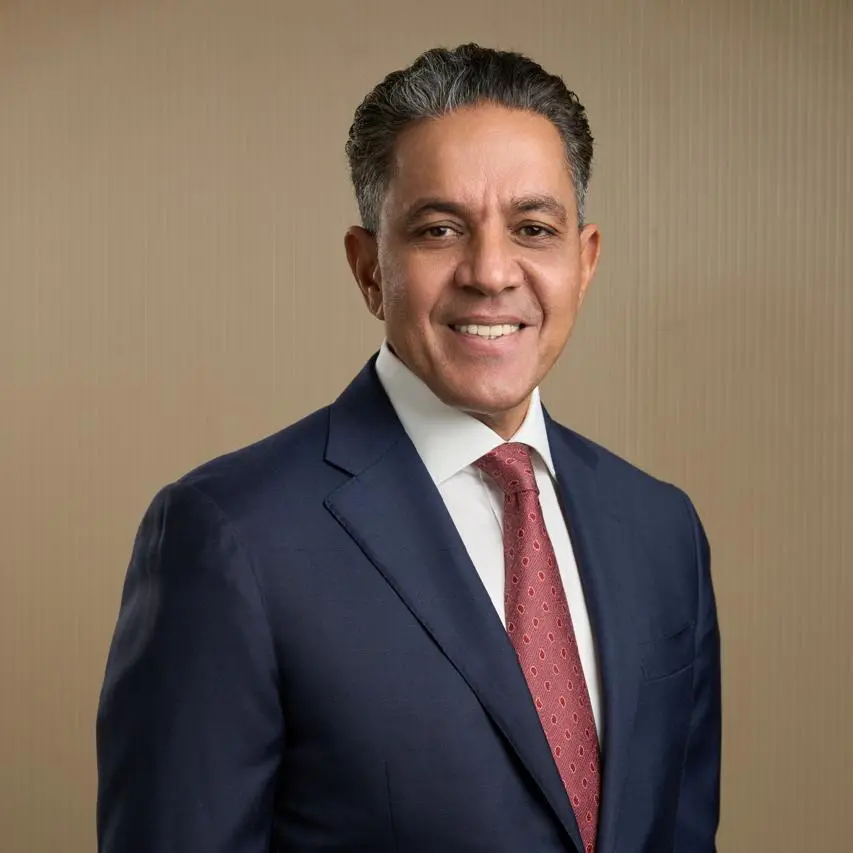African countries have – in the past week – administered four times as many COVID-19 vaccines as they have in the past three to four weeks.
This is according to World Health Organisation (WHO) Africa Regional Director for Africa, Dr Matshidiso Moeti.
She said the increase in vaccinations is due to fast tracked delivery of those doses.
“I am encouraged that when deliveries pick up – as they have after a new standstill for months – African countries show the resolve to keep the vaccine roll outs moving. Last week, 13 million doses were administered in Africa up from a weekly average of three to four million in the previous weeks,” she said.
Dr Moeti added that she expects at least 470 million doses to be delivered to African countries via the COVAX facility by December this year.
She said although this remains encouraging, the doses would only be enough to vaccinate 17% of Africans with at least double that amount needed to reach 40% of the population.
Africa still remains behind the rest of the world in vaccinations administered with only 3.6% of the continent’s population fully vaccinated.
“Export bans and vaccine hoarding still have a chokehold on the lifeline of vaccine supplies to Africa. As long as wealthy countries lock COVAX and the African Union out of the market, Africa will miss its vaccination goals. The huge gap in vaccine equity is not closing anywhere near fast enough. It is time for vaccine manufacturing countries to open the gates and help protect those facing the greatest risk,” she said.
Speaking on the issue of the administration of booster doses of the vaccines, Dr Moeti said that scientists had not yet reached a full conclusion on the issue.
“Current evidence suggests that third doses should be given only to people facing a high risk of severe illness and dying despite being fully vaccinated particularly those with compromised immune systems. For now, with so many people around the world yet to receive a single dose of COVID-19 vaccine, fully vaccinated and healthy people should not be given a booster dose,” she said.
The regional director once again called on countries with doses exceeding their needs to share with countries in need.
“The huge gap in vaccine equity is not closing anywhere near fast enough. The quickest way to end this pandemic is for countries with reserves to release their doses so that other countries can buy them. Countries with enough doses should give up their places in the manufacturing queue for COVAX,” she said.
Distributed by APO Group on behalf of South African Government.
© Press Release 2021
Disclaimer: The contents of this press release was provided from an external third party provider. This website is not responsible for, and does not control, such external content. This content is provided on an “as is” and “as available” basis and has not been edited in any way. Neither this website nor our affiliates guarantee the accuracy of or endorse the views or opinions expressed in this press release.
The press release is provided for informational purposes only. The content does not provide tax, legal or investment advice or opinion regarding the suitability, value or profitability of any particular security, portfolio or investment strategy. Neither this website nor our affiliates shall be liable for any errors or inaccuracies in the content, or for any actions taken by you in reliance thereon. You expressly agree that your use of the information within this article is at your sole risk.
To the fullest extent permitted by applicable law, this website, its parent company, its subsidiaries, its affiliates and the respective shareholders, directors, officers, employees, agents, advertisers, content providers and licensors will not be liable (jointly or severally) to you for any direct, indirect, consequential, special, incidental, punitive or exemplary damages, including without limitation, lost profits, lost savings and lost revenues, whether in negligence, tort, contract or any other theory of liability, even if the parties have been advised of the possibility or could have foreseen any such damages.



















